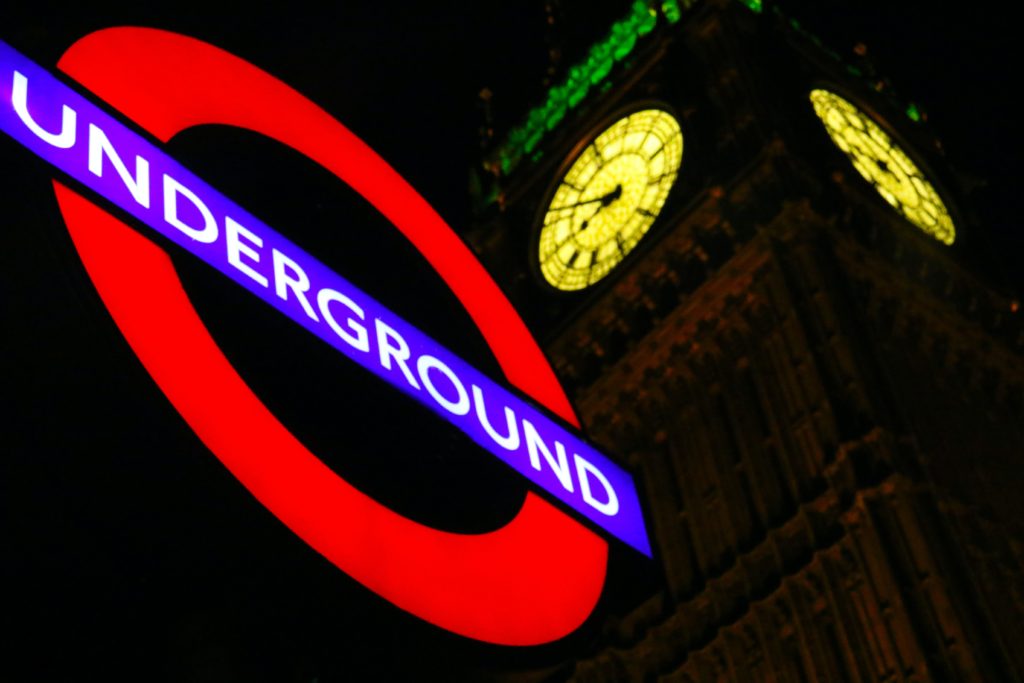
Multipurpose words: Get, and its application in phrasal verbs



Some words in the English language have such multiple uses that they could be considered as a utility word, in the same way that a utility player is able to cover many positions in the sport of Football. (Though it is unusual to make such comparisons, this blog is written from a British perspective and Football is the most popular British sport, therefore justifying the comparison.)
Get is one of those words. To quote Michael Swan in Practical English usage; “Get is one of the commonest words in English and is used in many different ways. It is sometimes avoided in a formal style but is correct and natural in most forms of speech.” To explain the full extent of get in just one short article is not possible, but concentrating on one aspect of its usage certainly is; in this case phrasal verbs with get.
Starting with the theme of transportation and it is necessary to distinguish between get on, get in, get off and get out (of). Firstly, get on is used with all modes of transport with the exception of cars and taxis. This means that you get on a bike or motorbike, bus or coach, train, plane, boat, or ferry. You only get in a car or taxi. Likewise, you get out of a car or taxi, whereas all the others you get off. To make it more visual and easier to remember below is a summary:
- Get in a car/taxi
- Get out of a car/taxi
- Get on a bike, bus, plane, train, boat etc
- Get off a bike, bus, plane, train, boat etc

Of course practical phrases are also useful to know and for those visitors to London travelling on the famous buses, you will find that the drivers are often easy to talk to and more than happy to let you know when you should get off the bus. Although nowadays we use digital maps connected to the internet, the phrase “Where should I get off for the houses of parliament?” is still relevant, judging by the amount of tourists in the capital. The driver may just answer “Victoria Street” or in full, “You should get off at Victoria street.” As for the Tube, convenient announcements are made about where you should get off although they use a synonym of get off which is the word alight. For example as you approach Baker Street you will hear “The next station is Baker Street. Alight here for Madame Tussauds.” The good thing is that you only need to remember this word alight in your passive knowledge of English for we almost never use it, and it is reserved almost exclusively for these tube announcements.
Both get out and get off can also be used as direct commands in rather negative, aggressive, or serious contexts. For example, if you stay too long in the pub and get very drunk the landlord may simply tell you to “Get out!” This rather direct and angry command could also be used in an unfortunate domestic situation, perhaps in the case that a wife wants her husband to leave immediately and shouts at him to “Get out!” A serious but admittedly rare situation such as being in a place of danger such as a burning or unstable building could also lead to the cry “Get out!”

“Get off!” as a command is associated more with people and not with transport. Again, in a slightly negative but perhaps also humorous context a drunk man could arrive home and after trying to make unwanted romantic advances to his wife could be told by her to “Get off!” A child climbing on an adult in an unwanted way could also be told to “Get off!” and in the same way this phrase could be used with an overenthusiastic dog jumping on you.
Importantly, the command get off has a very different meaning to the phrase to get off with someone which is slang for starting to have sexual relations with someone, and although still in use it is not commonly heard.
Following on from this is the more commonly heard sentence to get on with someone, and though it concerns relations between people the meaning is not at all sexual, but instead describes good relations. It could also be used in a negative context if you don’t get on with someone. See the examples below
- I get on with my boss (our relationship is good)
- I don’t get on with my mother-in-law (our relationship is not good)
- Do you get on with your colleagues? (question asking if you have a good relationship with colleagues)
- I got off with her last night (I had a sexual encounter with her)
Finishing on a positive note and heading back towards football we have the exclamation “Get in there!” This phrase is only positive and is used, often spontaneously, to celebrate success, for example when your team scores a goal in Football. Equally it could be used when winning a bet, or completing doing a good piece of business, although you would not say this in front of clients after signing a deal. In the context of business, it would be more common, to exclaim “Get in there!” following a big sale or closure of a deal in your office or other private place amongst colleagues. Passing an exam could also lead to this comment and if you want to improve your knowledge of English then keep reading these blogs and after passing the Cambridge advanced certificate or entry exams to a British University you will be able to cry “Get in there!”
Interesting Post



